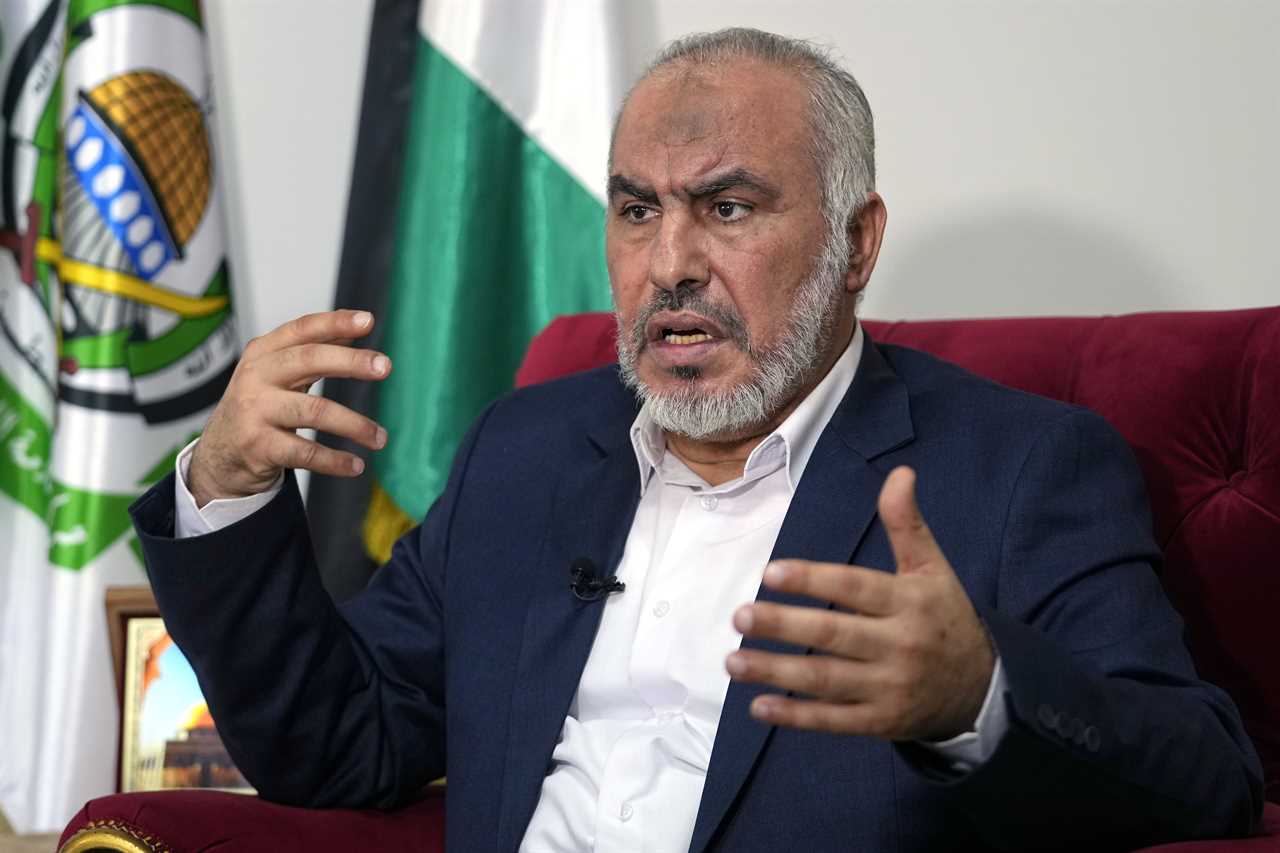
The proposal by Sir Keir Starmer to recognise a Palestinian state has stirred significant debate and division, with a Hamas official linking this diplomatic move to the aftermath of the October 7 attack. This announcement follows a similar stance by France and Canada, indicating a global shift in recognition policies towards Palestine. The complexities surrounding this decision underscore broader geopolitical tensions and the ongoing Israeli-Palestinian conflict.
Contextualising Diplomatic Responses
The recognition of a Palestinian state by key international players like the UK, France, and Canada reflects a growing momentum towards acknowledging Palestinian statehood. This move signals a departure from conventional diplomatic norms and carries significant implications for the region's stability. However, the intertwining of recognition with past violent events raises questions about the ethics of such political decisions in conflict resolution.
The Wider Implications of Recognition
Amidst escalating tensions in the Middle East, the Palestinian state recognition plan highlights the intricate dynamics of power and resistance in the region. Hamas' assertion of victory over Israel following the October 7 attack underscores the complex interplay between armed conflict, diplomatic gestures, and international alliances. The lack of conditions on Hamas in the proposed recognition raises concerns about the potential consequences of legitimising militant groups in diplomatic discourse.
Challenging Political Alliances
Israel's criticism of the UK and its allies over the statehood recognition plan reveals the fractures within international relations and the diverging approaches to the Israeli-Palestinian conflict. The Tory party's involvement in this debate underscores the polarised responses to diplomatic initiatives and the underlying ideological tensions shaping foreign policy decisions. The ethical dimensions of supporting or condemning Hamas in this context further complicate the discourse on state recognition.

Humanitarian Concerns and Hostage Dilemmas
The lack of conditions regarding the release of hostages in the Palestinian state recognition plan raises ethical dilemmas surrounding human rights and political negotiations. The impact of such policies on the lives of individuals affected by conflict underscores the need for a nuanced approach to diplomatic strategies that prioritise humanitarian concerns alongside geopolitical interests. Balancing security imperatives with human rights considerations remains a central challenge in navigating complex international disputes.
In conclusion, Sir Keir Starmer's proposal to recognise a Palestinian state has sparked a multifaceted debate encompassing political, ethical, and humanitarian dimensions. The broader implications of this diplomatic decision resonate globally, reflecting shifting power dynamics and contested narratives in the Israeli-Palestinian conflict. As discussions evolve, the complexities of navigating peace processes in the region underscore the need for nuanced, inclusive approaches that address systemic inequalities and uphold human rights principles.
Did you miss our previous article...
https://trendinginthenews.com/uk-politics/analysis-nigel-farages-connections-at-goodwood-races-raise-questions-on-political-influence






